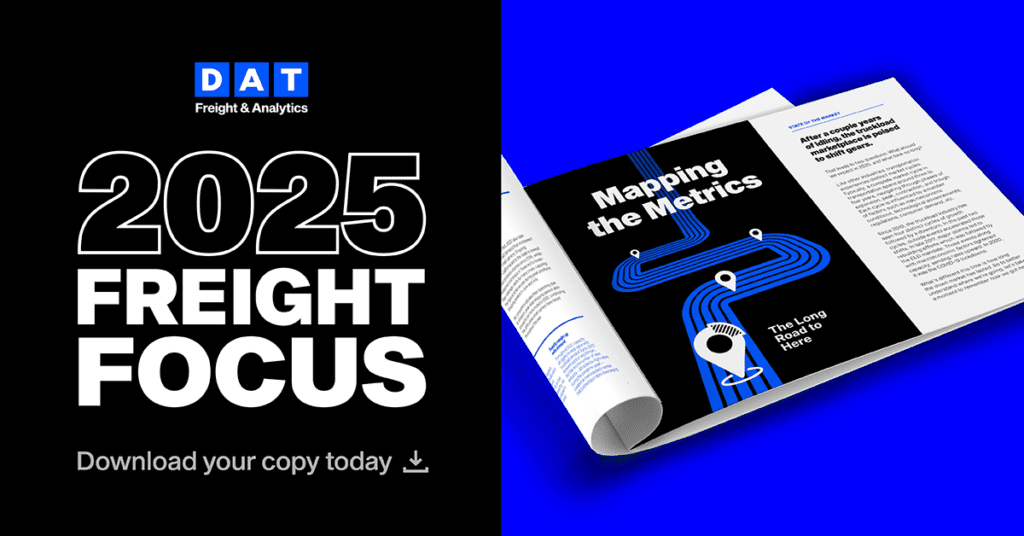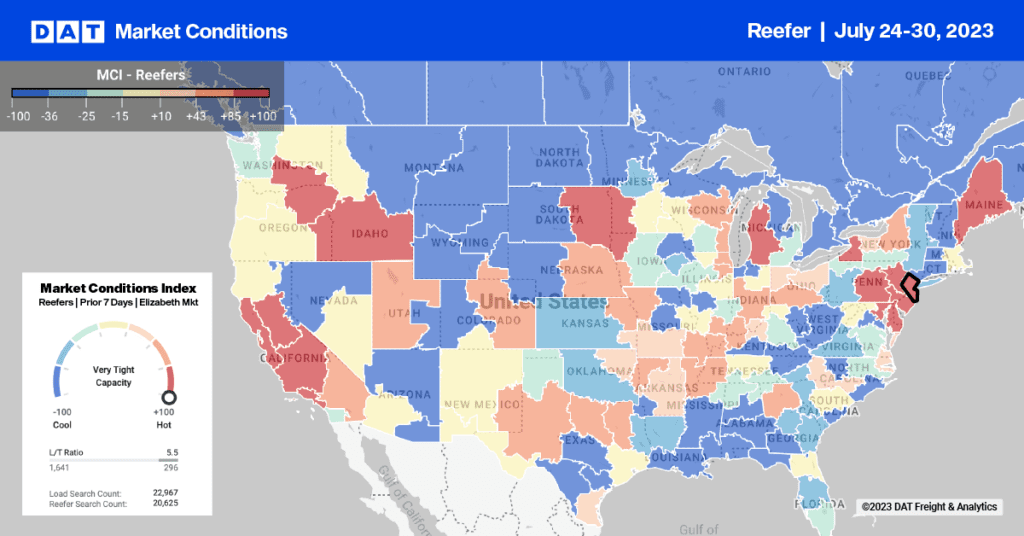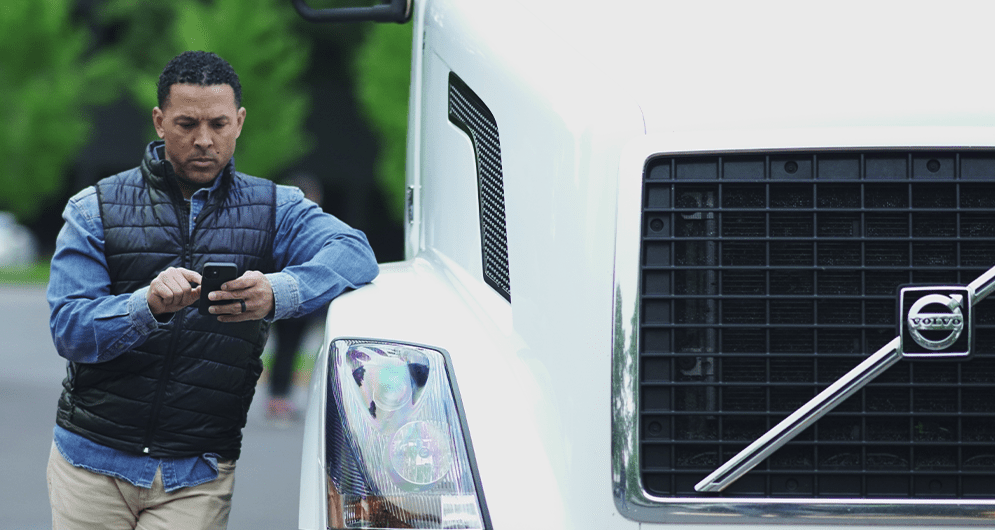Before you make any decisions about insuring your business or changing your current coverage, I urge you to speak with your own insurance agent -and possibly your accountant and attorney, as well. That said, here are a few “do’s and don’ts” that apply generally to the major insurance products that are offered to freight brokers and 3PL’s:
DO consider these coverage options:
Property and general liability: If you own or lease property, you can buy property insurance. It’s usually best to package it with general liability insurance for your premises and operations. Ask your insurance agent for coverage recommendations and quotes.
Vicarious auto liability and umbrella: Brokers need vicarious auto liability insurance. If you are named in a law suit, as in recent negligent hiring cases, your insurer will be in a position to defend you. If you are found liable, a vicarious auto liability will cover you. Be very careful to review the terms and conditions because the policies offered vary widely. Some provide very little coverage and some are very broad. They are not all the same. You can also buy an umbrella policy, which will allow you to increase your liability limits. Umbrellas are available in $1 million dollar increments.
Workers’ compensation: If you have employees, particularly if you have two or more, every state requires you have workers’ compensation insurance. You should also check to be sure the carrier has workers’ compensation insurance. We have a case pending right now where a broker is being pursued by a driver for workers’ comp benefits, because the trucking company was not covered. If the carrier is not required by the state to have workers’ comp, then the broker needs to get a written statement from the carrier to that effect, and keep it on file.
Contingent cargo: You don’t know what the carrier’s policy covers and doesn’t cover, so your contingent cargo can fill some of the gaps that a carrier’s policy might have. Be aware that contingent cargo insurance policies are not all the same. Pay special attention to the basis of coverage. Is it legal liability? As a broker you are not legally liable for cargo loss and damage claims. Check all the policy details with your insurance agent and your attorney, as needed, before you sign.
Errors and omissions: Some claims are not covered under any other policy. For example, if a broker gives the wrong information to a carrier by mistake, the broker could be considered negligent. That type of claim can be covered by errors and omissions (E&O) insurance. Note that E&O coverage will not pay for (1) bodily injury or (2) property damage. If the E&O is a part of your contingent cargo policy, however, cargo damage may be covered.
DON’T waste your time or money on these:
“Excess” auto liability: Freight brokers often ask me whether they can buy auto liability coverage, to bridge the gap between the shipper’s requirement and the carrier’s limits. For example, the shipper wants $2 million in auto liability but the carrier has only $1 million. My advice: Don’t even think about it. A broker can not buy insurance for the benefit of the carrier or the shipper. Each company can only insure its own liability exposure. So if the shipper says, “This is the insurance level we want,” you must find a carrier who fulfills the requirement.
Named as “additional insured” by carrier: There are four kinds of carrier policies, but only one where you can be named as “additional insured.”
1. Auto liability: It’s not necessary to be an additional insured. The MCS-90 endorsement and the omnibus insuring agreement on all interstate carriers’ liability policies automatically include the broker and the shipper as insureds.
2. General liability: Additional insured status is important for GL. But getting named on all carriers’ policies will be a huge challenge. There are very few GL claims in transportation.
3. Cargo insurance: Cargo policies almost always exclude (do not cover) any property owned by an insured. If the shipper is an additional insured, the coverage has been voided. Additional insured status for a broker on the trucker’s cargo policy is of no value because the trucker’s policy insures the carrier’s legal liability as a carrier. A broker is not a carrier, so there is no benefit.
4. Workers’ comp: It is impossible in all states and illegal in most states for any company to be an additional insured on another company’s workers’ compensation policy.
Carrier-supplied insurance certificates: I recommend that brokers verify the carriers’ certificates of insurance, but do not rely on a copy from the carrier. The carrier can send you an outdated certificate and there’s no way that you’d know. Go directly to the insurance agent or subscribe to an electronic certificate service such as TransCore’s CarrierWatch®. I recommend electronic certificates for my clients, because the service is convenient, up-to-date and your due diligence can be verified in case of a claim.
Relying on the FMCSA for insurance data: On the FMCSA site, you can verify the status of a carrier’s liability insurance, along with the policy’s effective date and whether it’s about to be canceled. For their own protection, insurance companies will post cancellations on the FMCSA web site. Reinstatement data are not as reliable. On cargo insurance, however, you get little or no information, because carriers are no longer required to file evidence of cargo insurance. For complete insurance data, go directly to the insurance agent or subscribe to a carrier validation and monitoring service such as CarrierWatch.
Incomplete carrier qualification: Develop a carrier qualification procedure — l recommend the TIA framework as a guideline — and follow it every time you choose a carrier. Keep written records. The worst thing you can do is to have a procedure and then not follow it. If there is a negligence claim, it is very hard to defend your company when your own people don’t follow an established procedure.
Mark Yunker, vice-president of business insurance agency RJ Ahmann Company, is an expert in the area of contingent cargo insurance for the transportation industry. With more than 20 years of experience, Mr. Yunker is a member of the TIA Directors Circle.


